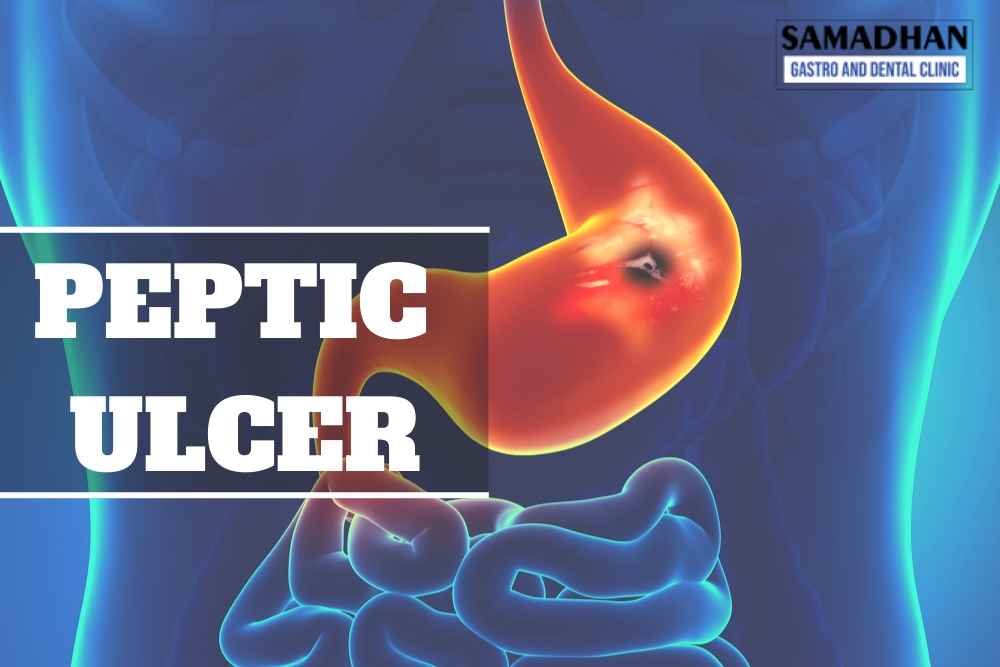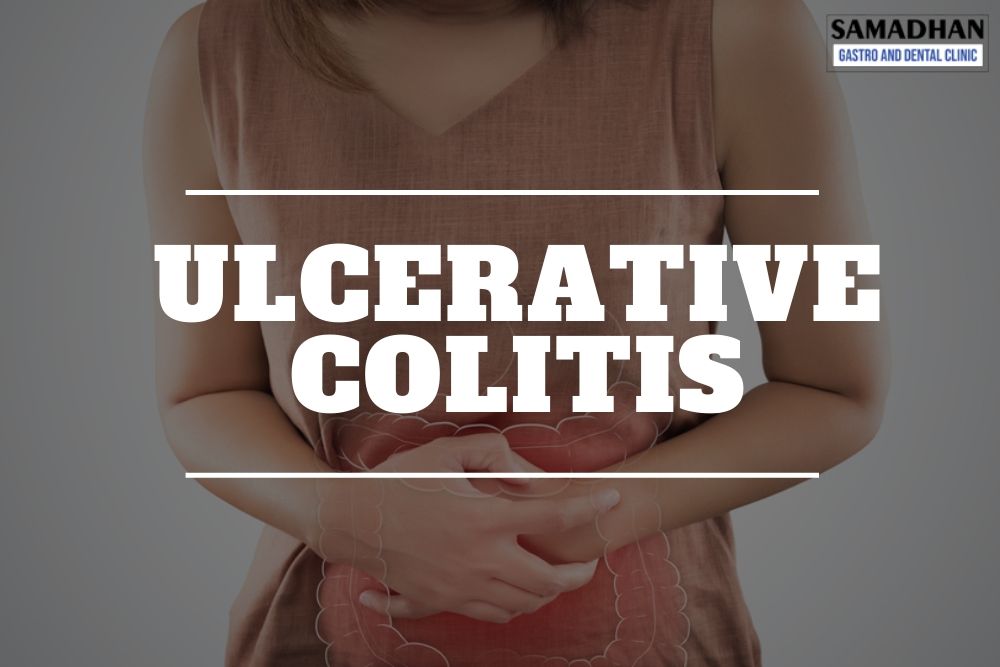Peptic Ulcer: Causes, Symptoms, Treatment

What is Peptic Ulcer?
Peptic Ulcer is an open sore or a break with a burning sensation. It develops on the inner lining of the stomach or upper portions of the small intestine. These are serious lesions of the stomach or intestines.Classification of Peptic Ulcer:
Gastric Ulcer : Occurs in the inner wall of the stomach.
Duodenal Ulcer : Occurs inside duodenum which is the first part of the small intestine.
About 10% of the population suffers from Peptic Ulcer Disease (PUD).
Symptoms of Peptic Ulcer
The most common symptom of Peptic Ulcer Disease is burning pain in the abdomen that extends from the belly button to the chest bone. The pain can be mild in the case of small peptic ulcers. But, at times, it can be severe and intolerable leading to sleepless nights.Commonly encountered signs of PUD are listed:
Epigastric Pain : It is the pain that evolves in the upper abdomen region of the body. The epigastric region is an area where the abdominal muscle and the diaphragm produce an outward bulging of the abdominal wall.
Belching : Commonly known as burping is the release of gas from the upper digestive tract i.e. stomach through the mouth. Feeling of fullness or bloating occurs.
Fatty food intolerance
Poor Appetite
Unexplained weight loss
Nausea
Vomiting
Bloody or dark stools
Causes of Peptic Ulcer
Going straight to the source, there are multiple factors responsible for the breakdown of the inner stomach lining or duodenum. These include:
Helicobacter Pylori (H.pylori) : It is a kind of bacterial infection that causes stomach pain and inflammation.
Non Steroidal Anti-inflammatory Drugs (NSAIDs) : A category of drugs for pain relief, blood clot prevention, and fever reduction. Regular intake of these can lead to gastrointestinal ulcers and bleeds.
Tobacco Smoking.
Crohn's Disease : It is an Inflammatory Bowel Disease (IBD) that affects any portion of the gastrointestinal tract that starts from mouth to anus. Symptoms consist of abdominal pain, diarrhea, fever, and weight loss.
Excess consumption of spicy food.
Peptic Ulcer Disease Treatment
Every problem has an existing solution. The team of experts at Samadhaan Clinic performs some diagnostic tests to find the cause of the ulcer. Treatment of peptic ulcers is often successful which leads to healing.
Medications can include:
Antibiotic medications to kill H.pylori : This bacterium is found in the digestive tract. Several antibiotics are recommended by the doctor for a while. Additional medication is given to reduce stomach acid, including proton pump inhibitors.
Medicines that reduce acid production : These are acid blockers to reduce the amount of stomach acid released in the digestive tract that relieves ulcer pain and encourages healing.
Antacids to neutralize stomach acid :
Antacids neutralize stomach acid and relieve pain. However, they do not aid in ulcer healing.
Medicines that protect the inner lining of the stomach and small intestine : In some cases, medicines called cytoprotective agents are prescribed by the doctor to help protect the tissues that line the stomach and intestine.

